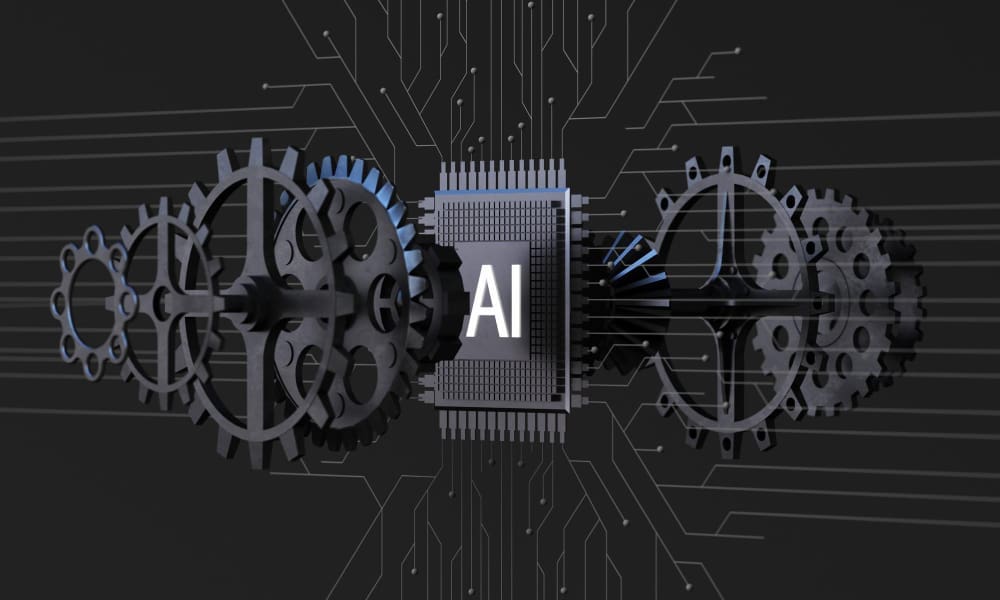Artificial intelligence (AI) has increasingly become an unexpected ally in the realm of tax filing, catching errors that even experienced accountants might overlook. Initially, there was skepticism about using AI for such tasks, anticipating it might suggest outlandish deductions or unconventional payment methods. However, the technology has proven its usefulness in everyday scenarios, such as meal planning apps, which have evolved to be reliable weekly resources. Despite initial reservations, AI has shown it can improve workflows significantly, although it still requires human oversight due to occasional inaccuracies.
For the 2023 tax year, prominent software providers TurboTax and H&R Block introduced AI-powered chatbots designed to assist customers with tax filing. While initial reviews were critical, citing incomplete and sometimes incorrect advice, improvements have been made. The chatbots now serve as a supportive coach, offering guidance and referring complex inquiries to human experts. These tools, drawing on large language models trained on tax codes and internal documentation, aim to streamline the process of filing taxes, reducing stress for users.
Despite advancements, AI chatbots are not without their limitations. They are generally more effective with straightforward cases and require users to verify the information provided to avoid potential errors in tax returns. Both TurboTax and H&R Block assure the accuracy of finalized returns and have embedded their chatbots within the help menu of their software, indicating that users should be cautious.
The integration of AI in tax preparation is not novel, with automation tools being implemented by firms to expedite processes like personalized deduction recommendations and document analysis. This technological adoption is part of a broader trend across the accounting industry, where AI is used to enhance efficiency. The potential future lies in agentic AI, which could automate even more tasks, although its realization remains uncertain.
While some experts express concern over the potential downsides of AI chatbots, viewing them as a cost-cutting measure that might undervalue human expertise, others in the industry recognize the demand for personal interaction. Firms like Ernst & Young emphasize their human-centric services as a differentiator, addressing the stress associated with tax filing and ensuring reliability beyond what AI alone can offer.
The Evolving Landscape
- AI’s involvement in tax filing reflects a move towards increased automation, yet human oversight remains crucial to ensure accuracy and reliability.
- Advancements in AI technology, such as agentic AI, promise further automation, potentially saving time and reducing costs for individuals and businesses.
- The integration of AI tools in tax preparation underscores a shift in how traditional tasks are being augmented by technology, affecting both industry practices and customer expectations.
- Concerns persist regarding the balance between AI efficiency and the value of human expertise, influencing how services are marketed by different firms.
- The ongoing development and refinement of AI chatbots highlight the dynamic nature of technological innovation and its impact on personal and professional domains.








